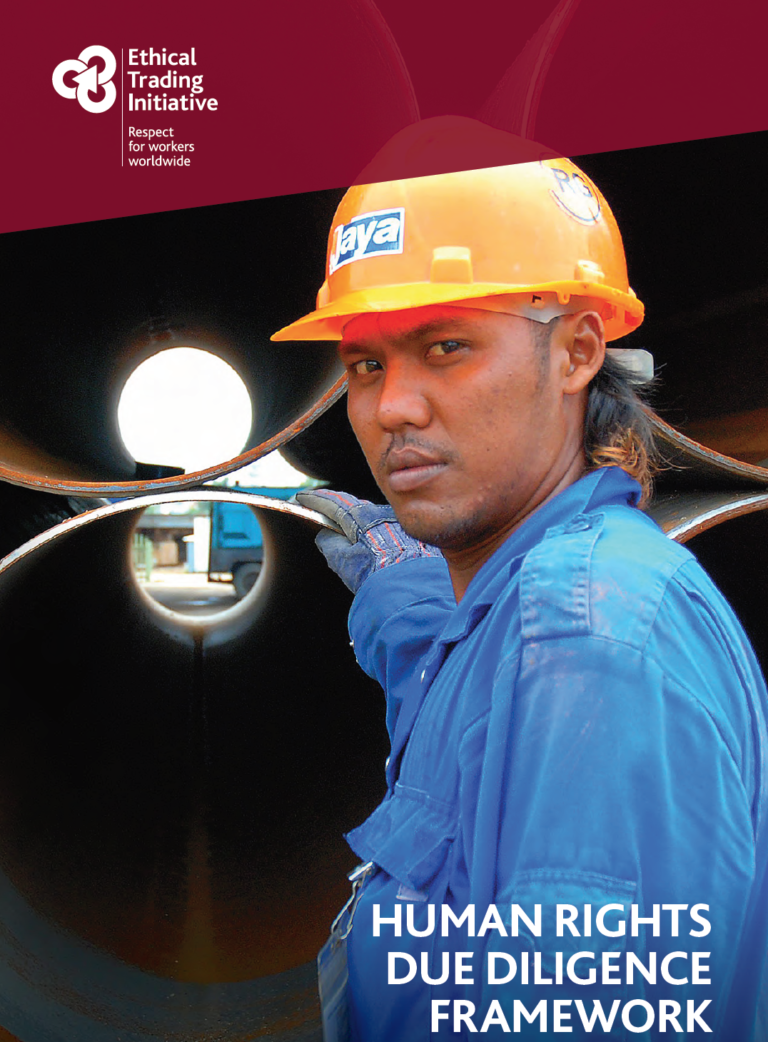Educators and Human Trafficking: In-Depth Review
GuidanceA resource specifically for educators and school-based professionals to help recognize, respond, and prevent human trafficking in an educational context.

A resource specifically for educators and school-based professionals to help recognize, respond, and prevent human trafficking in an educational context.
Migrants with insecure immigration status often feel unable to report cases of abuse and exploitation for fear that government authorities will prioritise their immigration status over the harm they have experienced and that they will face seri...Read More
Access to essential goods and services during war is critical. In many cases, people’s lives depend on it. The subject introduces many complex questions. What goods and services are essential in the war? Is it the exclusive responsibility of the s...Read More
Is this guide for you? This guide is for you if you are any of the following: You are an existing employer in Malaysia of one or more local or migrant worker. You will learn the definitions, concepts and national laws and policies related to f...Read More